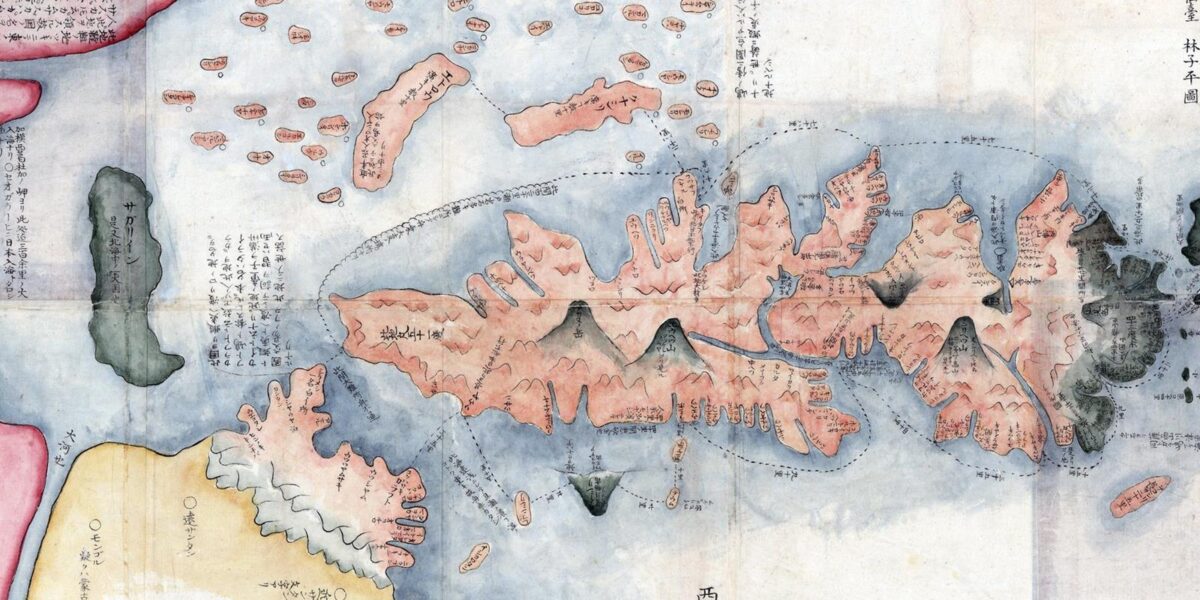NEWTON, Kansas (Mennonite Mission Network) — In the Christian vernacular, there are few words as charged as "mission."
If you ask people what comes to mind when they think about "mission," some might say, "Mother Teresa" — the kindly, unassuming type of missionary that runs soup kitchens and builds hospitals, all while wearing worn out shoes. Others might say that "mission" makes them think of one of those TV ads that run on weekday afternoons, imploring you to donate just 5 cents per day, in order to send a starving child a Bible. Some people point to mission as something their great aunt or uncle did by packing up all their belongings and leaving on a steam ship to spread the gospel overseas. And for others, mission was when a foreign person came to their great grandparents’ community, built a strange looking church and told everyone to start speaking English.
Which of these examples adequately describes "mission?"
How do we, as followers of Christ, reconcile a calling that originates directly from Jesus with something that, over the course of 2,000-plus years, has been laced with suffering, cultural erasure and genocide? How do we celebrate the genuine good that has come from mission, while also acknowledging the pain it has caused?
In the first episode of "MissionWary?," a podcast series from Mennonite Mission Network, two voices speak into how to approach these questions. Lynda Hollinger-Janzen and Joe Sawatzky, who have both been connected to the work of Mennonite Mission Network for decades, give their perspective on what "mission" means, and where it comes from. Below is an excerpt from the episode.
Lynda Hollinger-Janzen, writer for Mennonite Mission Network, shares how moving from being "mission-wary" to becoming a missionary has been her life’s journey.
Hollinger-Janzen: "Going from mission-wary … to missionary has been my life’s journey, really. So, I went from this little kid who wanted to grow up to be a missionary, but in high school and college, started learning things. We didn’t use the term ‘Doctrine of Discovery‘ at that time, but realizing how much early mission walked hand in hand, and was responsible for genocide of Indigenous peoples, and how there were actually documents that state, ‘Send missionaries to go along [with the explorers/conquistadors] so that the trail is blazed for commerce,’ In quotes, ‘Subdue the natives, so that our rubber plantations, our gold mines won’t be disturbed by people who are against us.’ I mean, all of that stuff that I was learning in high school and college really made me turn against missions as being colonialist, imperialistic — evangelism as being arrogance. That was my journey through high school, and by the time I graduated from college, I was very much entrenched in that way of thinking."
After college, however, Hollinger-Janzen traveled to Zaïre (now Congo) with a Christian relief and development agency. Not to be a missionary, she explained, but "because I wanted adventure, and I didn’t have any money." When it came time to leave, however, Hollinger-Janzen experienced her very own Damascus Road experience.
"MissionWary?" is available on Apple Podcasts, Google Podcasts, Spotify, YouTube and anywhere else you listen to podcasts. New episodes are now available! Learn about the complex bond between service and mission, where the call
to mission comes from and how stories of mission become the history of mission.
To view the complete episode list, click here.








